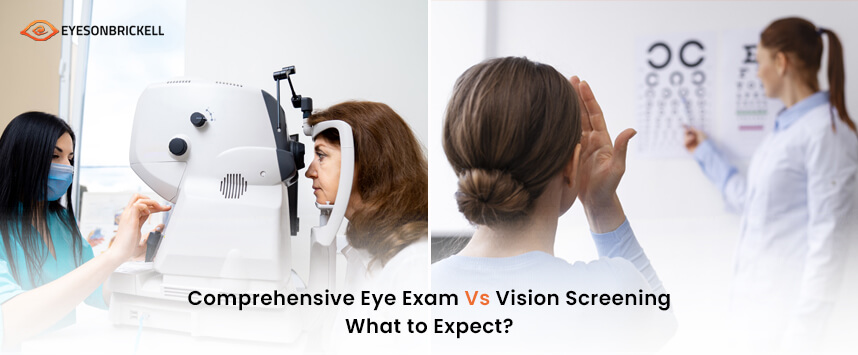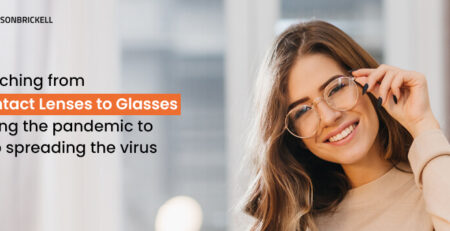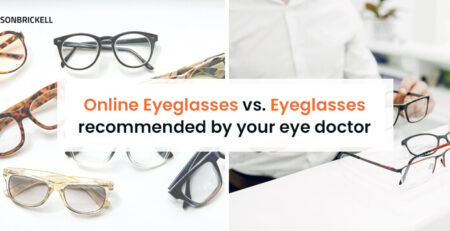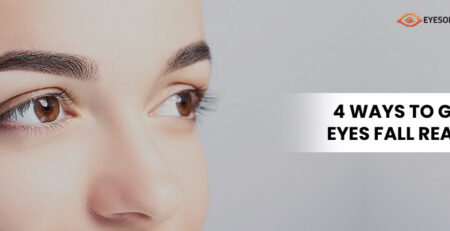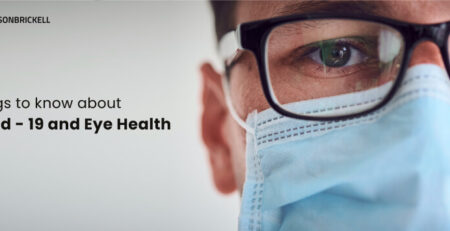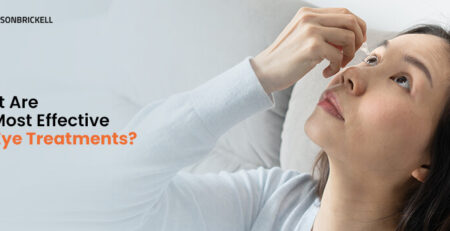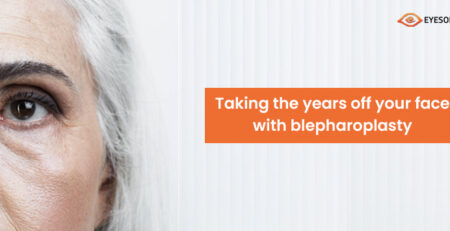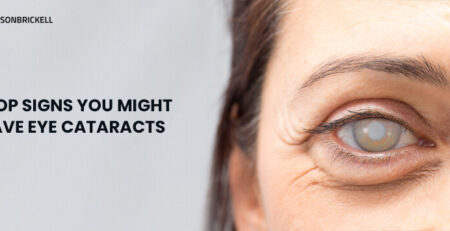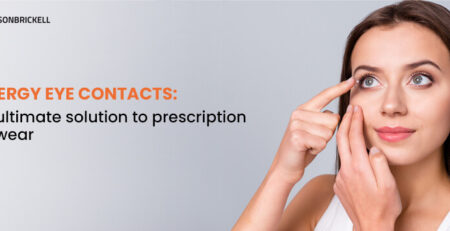Comprehensive Eye Exam Vs Vision Screening – What To Expect?
Your eyes are one of the most sensitive and essential parts of your body. Regular eye care is crucial for maintaining your overall health and quality of life. But many people are confused about the difference between a vision screening and a comprehensive eye exam.
Understanding these two types of eye tests can help you make the right decision when scheduling your next eye exam in Miami or Brickell.
Key Takeaways:
- Vision screenings are quick tests that can indicate potential vision issues, but are not comprehensive.
- Comprehensive eye exams provide a thorough evaluation of your vision and eye health, detecting diseases early.
- Regular comprehensive eye exams are essential for maintaining optimal eye health and overall well-being.
What is a Vision Screening?
People who are looking for a quick eye exam or in-and-out appointment can count on a regular eye exam. Vision screening looks for eye conditions such as myopia, presbyopia, hyperopia, and astigmatism. A vision screening is a quick and basic test to detect potential vision problems. It’s usually performed by a nurse, general practitioner, or school staff—not a specialist.
A regular eye exam is good for those eye conditions or vision problems that can be corrected through contact lenses Brickell, prescription glasses Brickell and other refractive error correcting devices.
Key Features of Vision Screening:
- Takes only a few minutes
- Designed to detect common refractive errors like:
- Myopia (nearsightedness)
- Hyperopia (farsightedness)
- Astigmatism
- Presbyopia
- Often conducted using a standard Snellen chart
- Does not diagnose eye diseases or provide a detailed report
- Refers patients to specialists if further care is needed
Who Should Get It?
- Children in schools
- Adults looking for a quick eye check
- People applying for a driver’s license or certain jobs
Purpose:
Vision screenings are good for identifying if you might have a vision problem, but they don’t tell the full story.
Comprehensive Eye Exam
As clear from the word itself, comprehensive eye exams fully evaluate your vision and the health of your eyes. When you go for a detailed eye exam in Miami, your optometrist will check your eyes and give you a detailed report of all the vision problems that you are at risk of developing.
Depending on your eye diseases, a comprehensive eye exam normally takes 30 min to 1 hour to complete. A patient goes through various eye tests to diagnose different eye problems and vision impairments. If you have a family history of eye disease, have been suffering from any vision problem or have had a recent eye surgery, you must request for a comprehensive eye exam.
This eye exam allows doctors to look inside your eyes to pick the early signs of various important eye diseases and health conditions such as high blood pressure, glaucoma, diabetes, aneurysm, macular degeneration and even brain tumor.
If you go in for a comprehensive Eye Exam in Brickell or Miami, here are the different types of tests that you are likely to come across:
- Visual activity test using the Snellen Chart.
- Visual acuity test.
- Color blindness test.
- Eyesight history.
- Pupil dilation test.
- Health and medication history.
- Visual field testing.
- Slit-lamp test.
- Ocular mobility test.
- Stereopsis test.
- Autorefractors And Aberrometers and Glaucoma puff test among others.
Why It’s Important:
A comprehensive eye exam doesn’t just check how well you see—it can also detect serious eye and health issues, including:
- Glaucoma.
- Cataracts.
- Macular Degeneration.
- Diabetic Retinopathy.
- Brain Tumors.
- High Blood Pressure.
Vision Screening vs. Comprehensive Eye Exam: A Comparison
| Aspect | Vision Screening | Comprehensive Eye Exam |
|---|---|---|
| Purpose | Detect potential vision problems | Thorough assessment of vision and eye health |
| Conducted By | Nurses, general practitioners, volunteers | Optometrists or ophthalmologists |
| Duration | 5–10 minutes | 30–60 minutes |
| Tests Included | Basic visual acuity | Multiple tests including refraction, slit-lamp, intraocular pressure, retinal examination |
| Detects Eye Diseases | No | Yes |
| Prescription Provided | No | Yes |
| Detects Eye Diseases | No | Yes |
Why Choose Eyes on Brickell for Your Eye Care Needs?
Are you seeking Vision Testing Near Me? We have got you covered! At Eyes on Brickell, we are committed to providing comprehensive eye care tailored to your individual needs. Our experienced team, led by Dr. Copty, utilizes advanced diagnostic technology to ensure accurate assessments and effective treatments.
Our Services Include:
- Comprehensive eye exams.
- Contact lens fittings.
- Management of eye diseases.
- Pediatric eye care.
- Emergency eye care.
Schedule Your Appointment Today:
Ensure your eyes are healthy and your vision is clear. Contact us 786-801-1335 at or visit our website to book your comprehensive eye exam.
Frequently Asked Questions (FAQs)
Q: Can a vision screening replace a comprehensive eye exam?
A: No. Vision screenings are limited and cannot detect many eye diseases. Comprehensive exams are necessary for a full assessment.
Q: How often should I have a comprehensive eye exam?
A: Adults should have an exam every 1–2 years, and annually after age 65. Children should follow pediatric eye care guidelines.
Q: What conditions can be detected during a comprehensive eye exam?
A: Conditions such as glaucoma, cataracts, macular degeneration, diabetic retinopathy, and more can be identified early.
Q: Does insurance cover comprehensive eye exams?
A: Many insurance plans cover eye exams. It’s best to check with your provider for specific coverage details.

